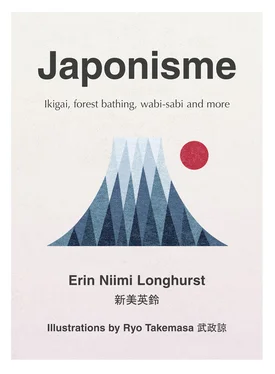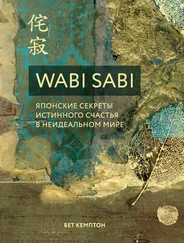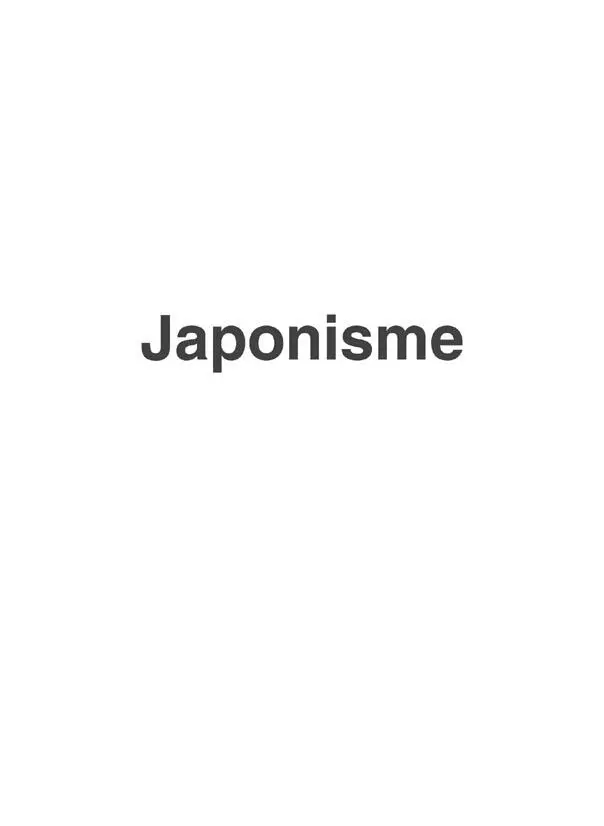
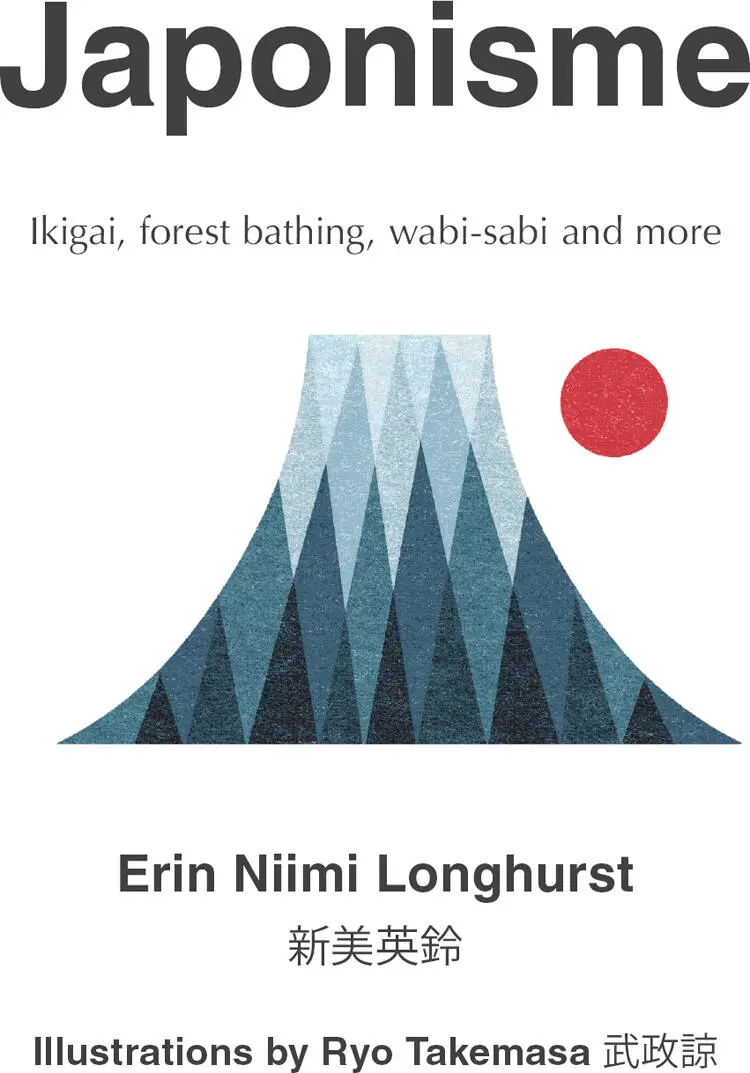
Copyright Copyright Introduction 01 Kokoro 心 (The heart and the mind) Ikigai (Purpose) Wabi-sabi (The beauty of imperfection and impermanence) Kintsugi (Finding beauty in imperfection) 02 Karada 体 (The body) Shinrin-yoku (Nourished by nature) Ikebana (The art of flower arranging) Tabemono (Food) Ocha (Tea) Onsen (Hot springs and bathing) Calligraphy (Penmanship and sumi-e) The Japanese home 03 Shukanka 習慣化 (Forming the habit) About the Author Acknowledgements Index of Searchable Terms Glossary Endnotes About the Publisher
Thorsons
An imprint of HarperCollins Publishers
1 London Bridge Street
London SE1 9GF
www.harpercollins.co.uk
This edition published by Thorsons 2018
FIRST EDITION
Text © Erin Niimi Longhurst 2018
Illustrations © Ryo Takemasa 2018
Cover layout design © HarperCollins Publishers Ltd 2018
Cover illustrations © Ryo Takemasa 2018
A catalogue record of this book is available from the British Library
Erin Niimi Longhurst asserts the moral right to be identified as the author of this work
All rights reserved under International and Pan-American Copyright Conventions. By payment of the required fees, you have been granted the nonexclusive, non-transferable right to access and read the text of this e-book on screen. No part of this text may be reproduced, transmitted, downloaded, decompiled, reverse engineered, or stored in or introduced into any information storage retrieval system, in any form or by any means, whether electronic or mechanical, now known or hereinafter invented, without the express written permission of HarperCollins e-books.
The author(s) and publishers cannot be held responsible for any errors and omissions that may be found in the text, or any actions that may be taken by a reader as a result of any reliance on the information contained in the text which is taken entirely at the reader’s own risk.
While every effort has been made to trace the owners of copyright material reproduced herein and secure permissions, the publishers would like to apologise for any omissions and will be pleased to incorporate missing acknowledgements in any future edition of this book.
Find out about HarperCollins and the environment at www.harpercollins.co.uk/green
Source ISBN 9780008286040
Ebook Edition © 2018 ISBN: 9780008286057
Version 2018-03-27
Contents
Cover
Title Page
Copyright
Introduction
01Kokoro 心
(The heart and the mind)
Ikigai (Purpose)
Wabi-sabi (The beauty of imperfection and impermanence)
Kintsugi (Finding beauty in imperfection)
02Karada 体
(The body)
Shinrin-yoku (Nourished by nature)
Ikebana (The art of flower arranging)
Tabemono (Food)
Ocha (Tea)
Onsen (Hot springs and bathing)
Calligraphy (Penmanship and sumi-e)
The Japanese home
03Shukanka 習慣化
(Forming the habit)
About the Author
Acknowledgements
Index of Searchable Terms
Glossary
Endnotes
About the Publisher

© Scott Webb on Unsplash
INTRODUCTION
I grew up straddling several cultures. Born in London to an English father and a Japanese mother, I lived in Seoul, in London and then, for several years, in the cultural melting pot that is New York. But all the while, I always had a strong connection to Japan through my mother and my extended Japanese family, with whom I would spend the sticky, humid summers.
Over the past few years, I’ve written extensively about Japan on my blog, mostly covering recipes, lifestyle and travel tips. And while I’ve lived in many places dotted across the globe, I feel as though I always return – in every aspect of my life – to the same frameworks, rituals, habits and traditions: those from my upbringing, family life and time spent in Japan.
The word ‘Japonisme’ was first used in the late nineteenth century to describe the craze for Japanese art, culture and design in the West – an interest that has grown exponentially in the past few years to include anything from music to film, to food and art.
I think the thing that makes Japan’s culture and traditions so uniquely special is its long history of isolation. Japan has acquired such a strong, distinct and rich identity because it lacked external influence for so long. For over 220 years, Japan had an isolationist foreign policy, known as sakoku , meaning it was a ‘closed country’. Under the Tokugawa shogunate, relations and trade between Japan and the rest of the world were strictly limited. Few were allowed to leave the country, and few were allowed in from the early 1600s, in an attempt to counter the perceived threat of foreign, religious and colonial influence.
Sure, the two-century-long period of national seclusion occurred an extremely long time ago, ending in the early 1850s – but that era of solitude, I am convinced, played an enormous part in weaving the fabric of Japanese society. The customs, tradition and culture of Japan developed and blossomed in that remote bubble and, in my opinion, have made the country we know today quite different from anywhere else in the world. It can be strange, without doubt, and sometimes perplexing too, but it is always intriguing, beautiful and incredibly enlightening. I’ve been going back there for twenty-six years, and find myself learning something new and different every time, seeing everything afresh, from a novel perspective, over and over again.
So what can be learned from Japanese culture (without getting on a plane)? How can you – like me – apply it to everyday life outside of these tiny little islands? A key lesson for me has been about balance – something I learned from my maternal grandfather, Haruyuki. One of thirteen siblings, from rural farm stock, he rose up the ranks, eventually becoming an influential businessman in his role as Chairman and CEO of Shell in Japan.
His journey began with a chance friendship he struck up with two American soldiers who were stationed in a depressed, post-Second World War Japan. On their recommendation, he set his sights on the United States of America, crossing the Pacific in two weeks on an ocean liner – the Hikawa Maru (named after the great Shinto shrine in Saitama). He pursued a bachelor’s degree in economics at the University of Washington, supporting himself by working as a gardener, a waiter and a houseboy. As a result of his time in the States, he developed an attitude and approach to business back in Japan that were considered to be fairly unorthodox and distinctly Western. Throughout his life, though, he was fiercely proud of his heritage, and Japanese culture, history and tradition in particular.
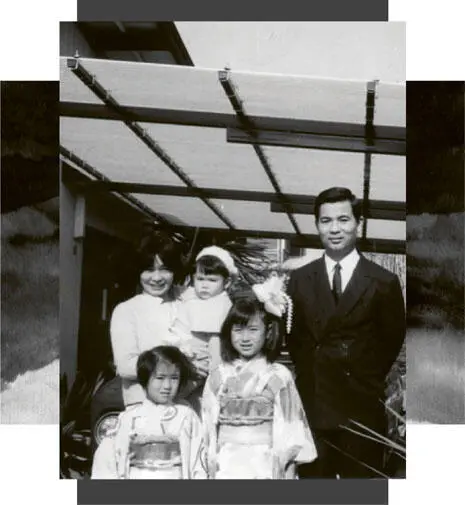
Author’s own photo, foreground
© Elina Li/Shutterstock.com, background
It was from my grandfather that I learned the importance of mindfulness – how vital this is for a happy and fulfilling approach and attitude to life. We live in an increasingly connected world, but it comes at a cost. It’s hard to switch off when we are constantly bombarded with information and communication, and when it feels like the stress or drama of your working and/or personal life are always looming close at hand (and via push notifications, too).
Читать дальше
